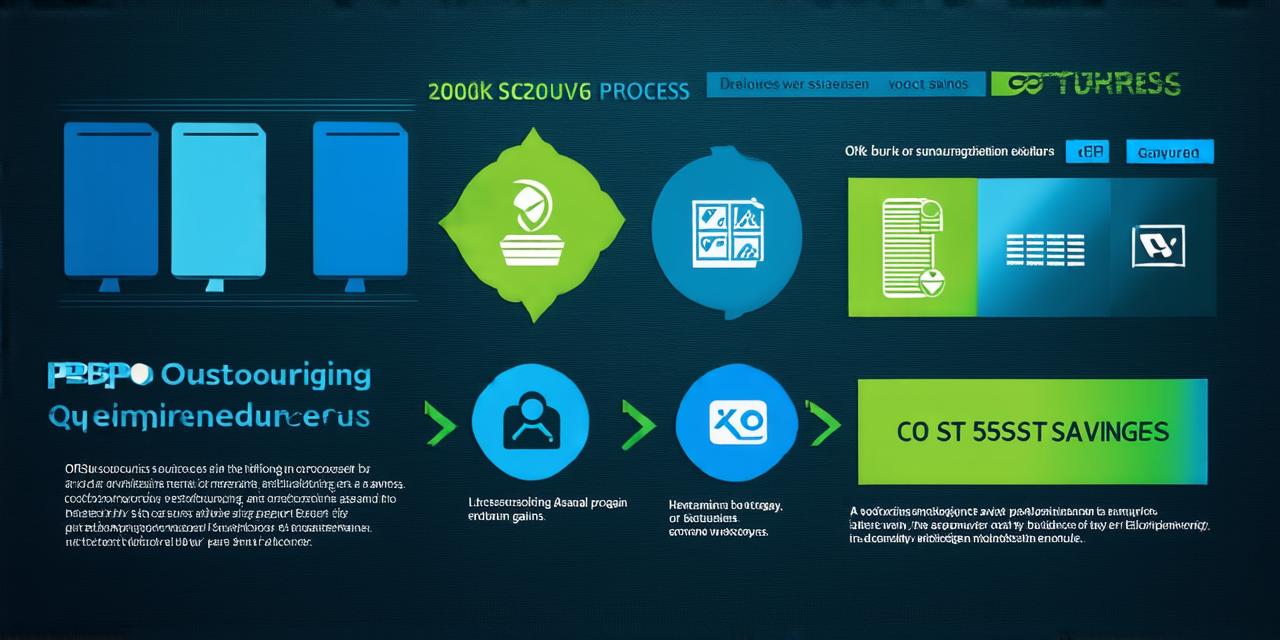Understanding the Definition of BPO Outsourcing
BlogBPO (Business Process Outsourcing) is a practice where organizations outsource certain business processes to third-party vendors. These processes can range from accounting, payroll, and customer service to more specialized functions such as research and development or supply chain management. BPO outsourcing allows companies to focus on their core competencies while leaving non-core activities to the experts.
Table of Contents
ToggleKey Characteristics of BPO Outsourcing
There are several key characteristics that distinguish BPO from other forms of outsourcing:
- Business Process Focus: BPO is focused specifically on business processes, rather than individual functions or departments. This means that the entire process is outsourced, from start to finish.
- End-to-End Outsourcing: BPO involves end-to-end outsourcing of a particular business process. This means that the vendor takes care of everything from data entry to reporting and analysis, allowing the company to focus on other aspects of their business.
- Cost Savings: One of the main drivers of BPO is cost savings. By outsourcing processes to vendors with lower labor costs or better technology, companies can reduce expenses and improve efficiency.
- Scalability: BPO allows organizations to scale up or down as needed, without having to invest in new infrastructure or hire additional staff. This makes it an attractive option for businesses that experience fluctuating demand.
- Expertise: BPO vendors often have specialized expertise in certain areas, such as accounting or customer service. By outsourcing these processes, companies can tap into this expertise and improve the quality of their operations.
Benefits of BPO Outsourcing
There are several benefits to consider when deciding whether to engage in BPO outsourcing:
- Cost Savings: As mentioned earlier, one of the main benefits of BPO is cost savings. By outsourcing processes to vendors with lower labor costs or better technology, companies can reduce expenses and improve efficiency.
- Improved Quality: BPO vendors often have specialized expertise in certain areas, such as accounting or customer service. By outsourcing these processes, companies can tap into this expertise and improve the quality of their operations.
- Increased Focus: BPO allows organizations to focus on their core competencies while leaving non-core activities to the experts. This can help them stay focused on their strategic goals and improve overall performance.
- Flexibility: BPO allows companies to scale up or down as needed, without having to invest in new infrastructure or hire additional staff. This makes it an attractive option for businesses that experience fluctuating demand.
- Risk Reduction: By outsourcing processes to vendors, companies can reduce their risk exposure. Vendors often have better technology and processes in place, which can help mitigate potential risks such as data breaches or compliance violations.

Conclusion
BPO outsourcing is a practice where organizations outsource certain business processes to third-party vendors. Key characteristics of BPO include business process focus, end-to-end outsourcing, cost savings, scalability, and expertise. The benefits of BPO outsourcing include improved quality, increased focus, flexibility, risk reduction, and cost savings. By engaging in BPO outsourcing, companies can improve their operations, reduce costs, and stay focused on their strategic goals.
